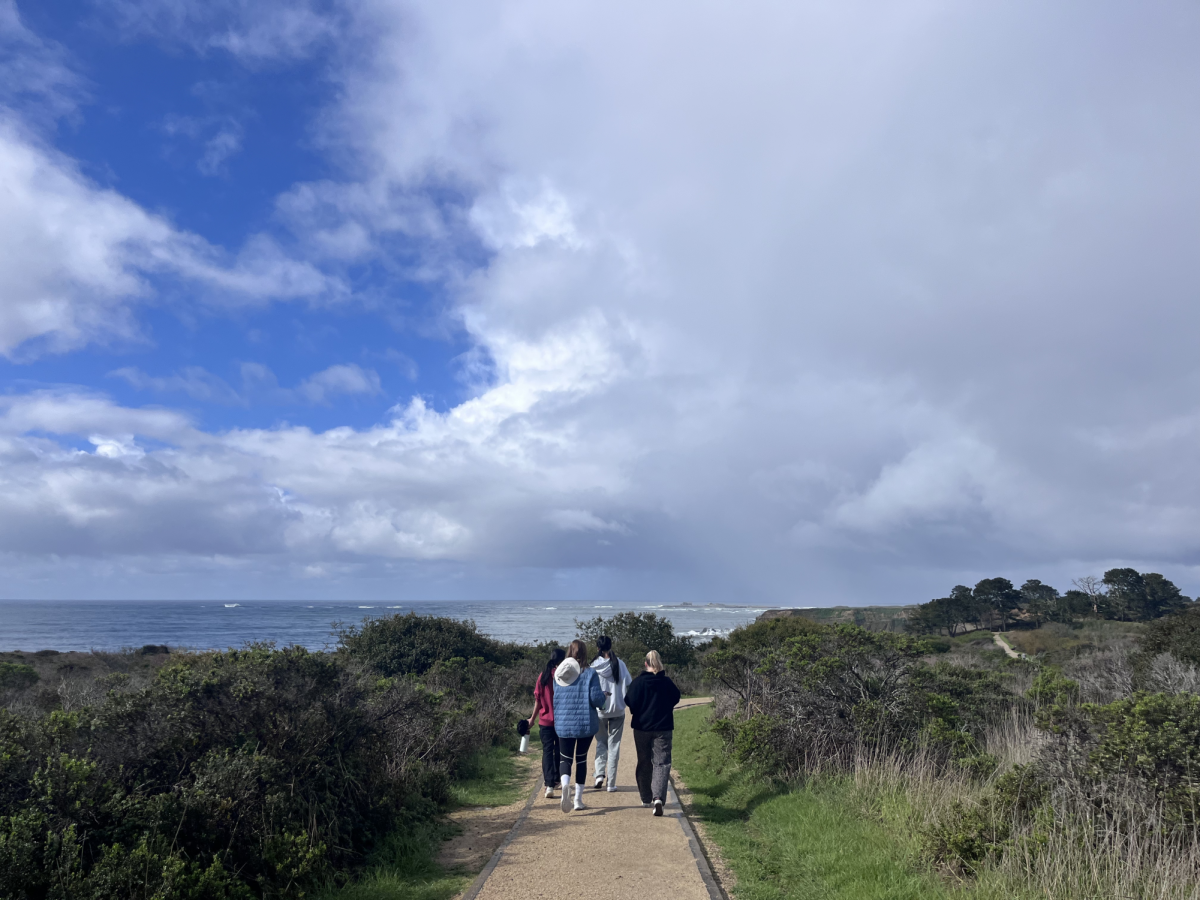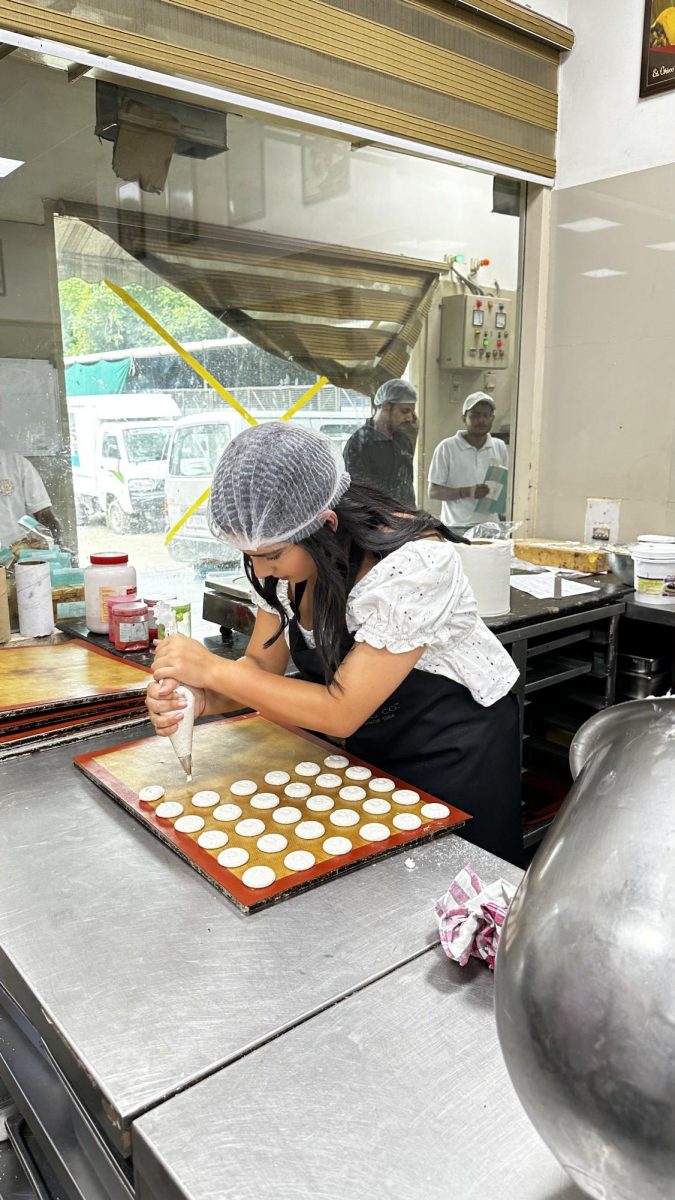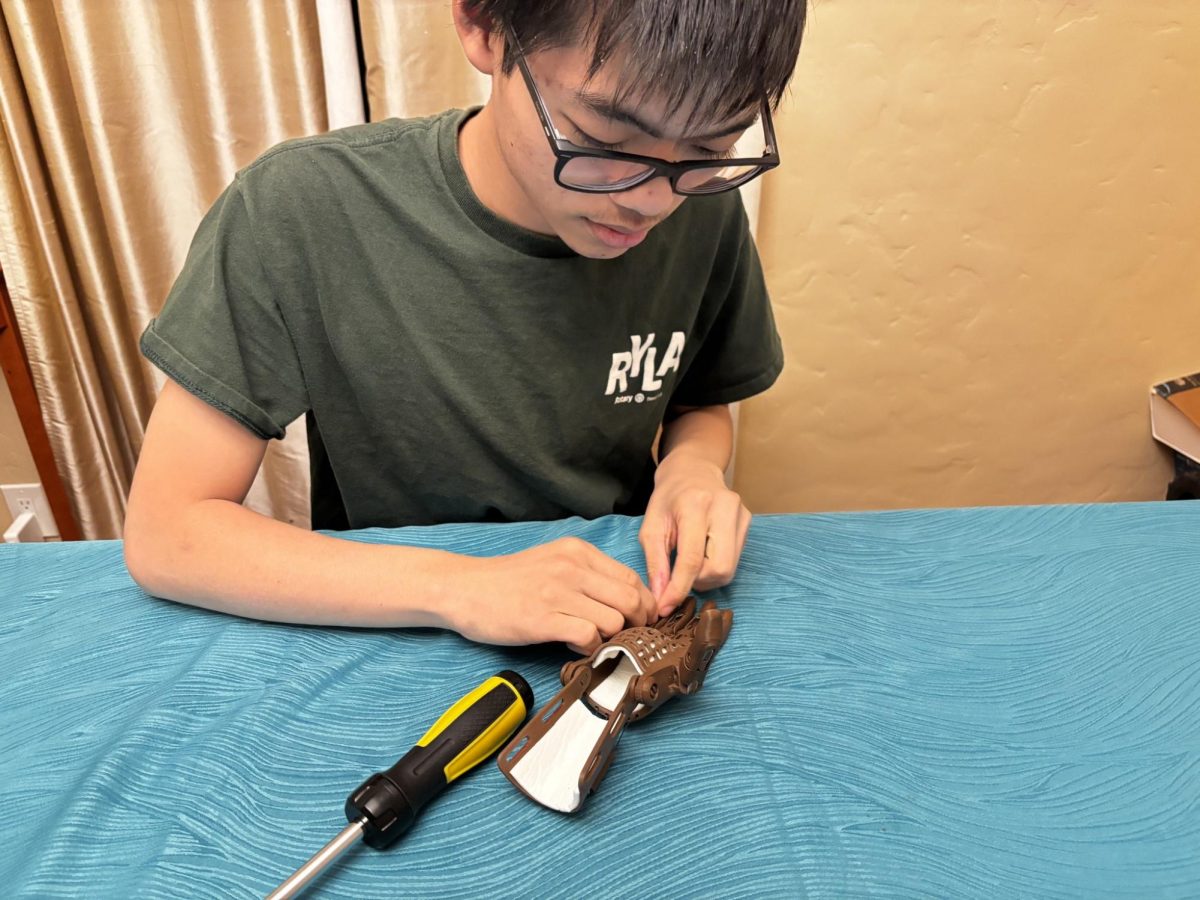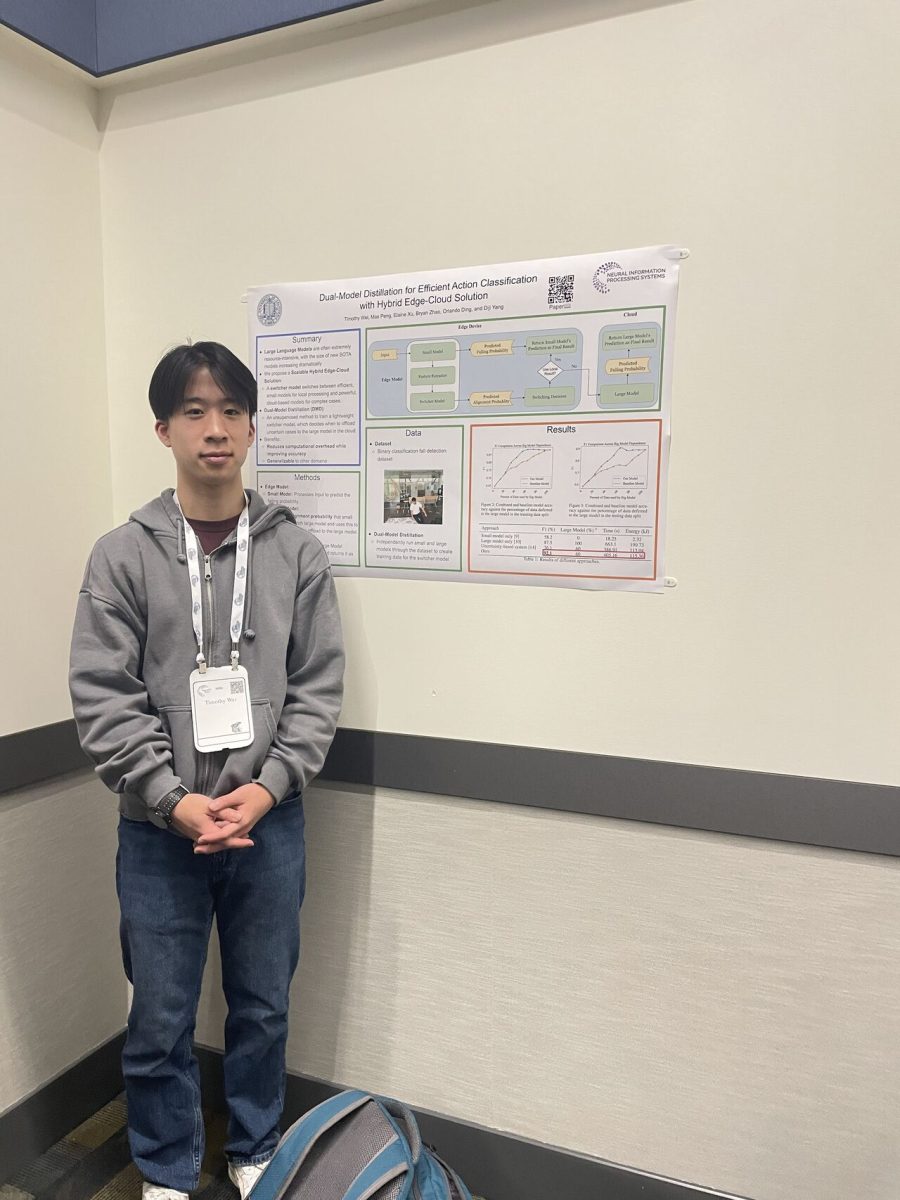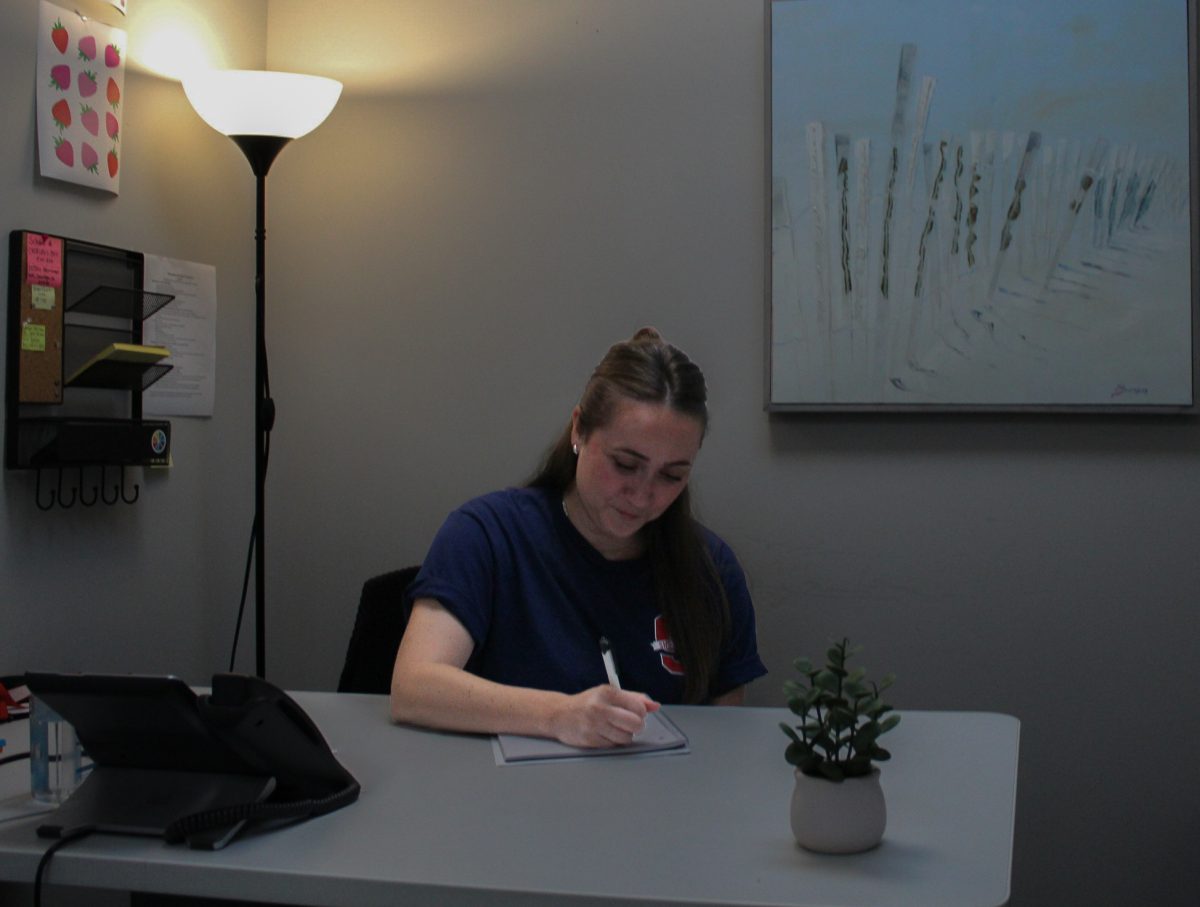Janae Smith is the newest school-based therapist to join the Wellness Center staff. She took the position following the departure of former school therapist Sharanjit Nijjar.
Smith completed her bachelor’s degree in psychology at UC Davis and her master’s degree in counseling psychology, with an emphasis in health psychology, at Santa Clara University.
Originally wanting to work as an educator, Smith tried substitute teaching across grades K-8 for one school year at the Woodland Joint Unified School District but found herself called in another direction.
“My family supported a career in teaching more than one in mental health because they weren’t very informed about the mental health job industry,” Smith said. “But I didn’t enjoy teaching as much as I thought I would, so I decided to switch and follow my passion.”
Now, after working in numerous mental health industry jobs for seven years, she has diverse work experience to bring to the therapist position: trauma prevention and support, teen empowerment, experience at a women’s crisis center, career and guidance counseling, inpatient residential treatment for eating disorders and intensive outpatient partial hospitalization.
“I had such a good experience taking therapy when I was younger and have always held it near and dear to my heart,” Smith said. “I just really want to be a [source of] support for other people.”
Smith expressed her enthusiasm for participating in a multitude of awareness events and groups on campus, including the student Wellness Helpers in an effort to connect with the school community.
For now, she plans to focus on providing a stable support system for students, but hopes to create an opportunity for them to do yoga, an activity she enjoys in her free time. For her, yoga holds value as a way to tune into herself and practice mindfulness.
Additionally, her other hobbies include creating pottery, going to the beach, being outside enjoying nature, and spending time with her loved ones — all methods she uses to help destress and take care of her mental health.
As a recommendation for students to protect their own mental health, Smith wants to emphasize practicing frequent self care as a way to maintain a healthy school life.
“I think the magic ingredient of self care is really: how are we talking to ourselves? What’s the internal voice in our mind, and is it a kind voice, or is it a not so kind voice?” Smith said. “Oftentimes, it’s not a very nice voice. So, really paying attention to the way that we’re relating to ourselves, being gentle with ourselves and being self-compassionate is what makes self-care work.”



